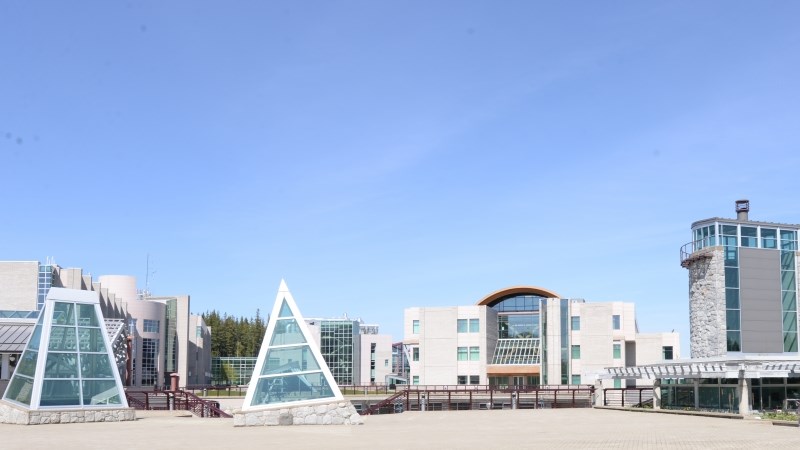The University of Northern British Columbia (UNBC) saw its scores increase across the board in the latest iteration of the prestigious Times Higher Education World University Rankings.
The rankings include more than 1,600 universities that are active in research and globally focused.
This year’s rankings put UNBC in the group of universities ranked 801st to 1000th the same level UNBC has achieved for four consecutive years.
UNBC’s strongest pillar was research, with a ranking of 686th, up 30 spots from last year, with significant increases in both publications per staff and the research income to academic staff ratio.
The University’s overall teaching score also improved, moving up 57 places to 1,008th. Notably, UNBC’s teaching reputation score increased more than 50 per cent from a year ago.
“As we prepare to welcome our students back to our campuses, we are thrilled to see the hard work and dedication of the UNBC community reflected in the increased scores across many metrics in these rankings,” says UNBC Interim President Dr. Geoff Payne.
“Our vision is to become Canada’s leading destination University and these rankings help us share our story and spread the news of our success to a global audience.”
UNBC received higher gross scores in citations, industry income and international outlook, but did not see a corresponding increase in its relative rankings as other institutions also improved.
“Excellence in teaching and research is at the core of UNBC’s mission of inspiring leaders for tomorrow by influencing the world today,” says UNBC Board of Governors Chair Catherine Wishart.
“It is gratifying to see UNBC’s reputation increase in the global context.”
UNBC placed 28th of 32 Canadian universities included in the 2022 rankings. The highest ranked Canadian university on the list is the University of Toronto at 18.
The audited rankings include 13 metrics, divided into five pillars: Teaching (the learning environment); Research (volume, income and reputation); Citations (research influence); International outlook (staff, students and research); and Industry income (knowledge transfer).



